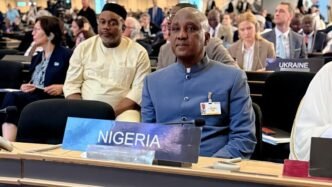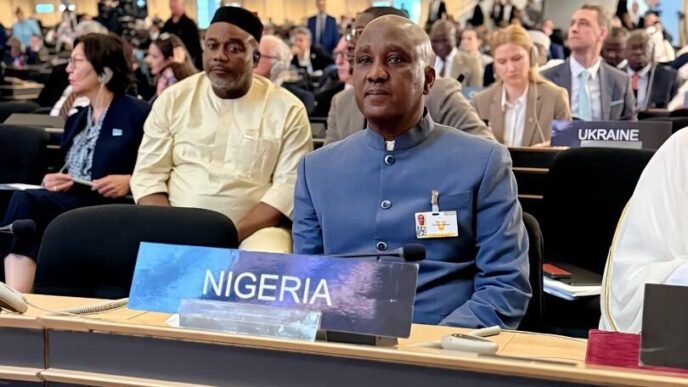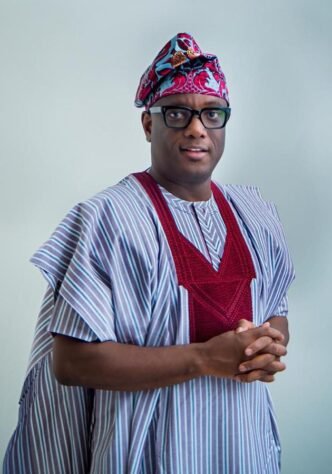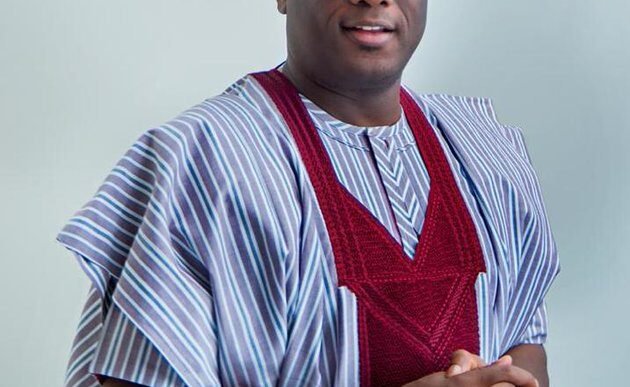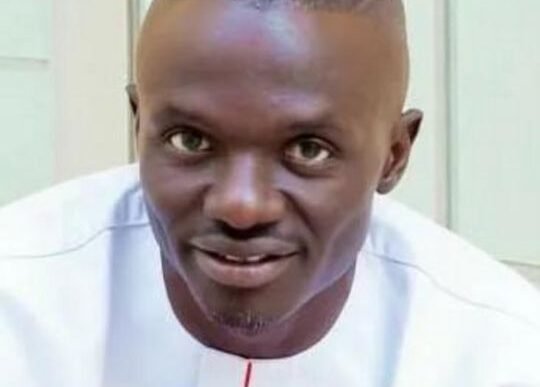HB: 1422 A BILL FOR AN ACT TO ALTER THE PROVISION OF THE CONSTITUTION OF THE FEDERAL REPUBLIC OF NIGERIA, 1999 TO GRANT CITIZENSHIP RIGHTS TO SPOUSES OF WOMEN FROM NIGERIA, SPECIFY THE MINIMUM NUMBER OF YOUTHS AND WOMEN THAT MAY BE APPOINTED INTO SPECIFIC OFFICES; AND FOR RELATED MATTERS Bill Progress: Committee Stage
This Bill seeks to alter sections 26, 26, 42 and 223 of the Constitution of the Federal Republic of Nigeria, 1999 to grant citizenship rights to men who marry women from Nigeria.
In recent legislative developments in Nigeria, a new bill, referred to as HB 1422, is making waves for its potential to significantly alter the landscape of citizenship rights and representation within the country. This proposed amendment to the 1999 Constitution of the Federal Republic of Nigeria seeks to address two critical areas: the citizenship rights of spouses of Nigerian women and the representation of youths and women in government appointments.
One of the most compelling aspects of HB 1422 is its focus on citizenship rights for foreign spouses of Nigerian women. Historically, the Nigerian legal framework has been criticized for its unequal treatment of foreign spouses based on gender. Currently, when a foreign woman marries a Nigerian man, she enjoys a relatively streamlined process for acquiring Nigerian citizenship. In stark contrast, foreign men married to Nigerian women face considerable obstacles in obtaining the same rights. This discrepancy has long been a point of contention, as it reflects broader issues of gender inequality within the nation’s legal structure.
By proposing to grant citizenship rights to foreign men married to Nigerian women, HB 1422 aims to rectify this imbalance. This move is not just about legal rights; it signifies a deeper commitment to promoting gender equality in Nigeria. Advocates for the bill argue that marriage should not determine citizenship rights based on gender, and that both spouses, regardless of their nationality, should have equal opportunities to reside in and contribute to the country. This shift not only enhances fairness for individuals involved in such marriages but also enriches Nigeria’s cultural tapestry by allowing greater familial integration and unity.
The second key provision of HB 1422 focuses on the appointment of youths and women in government and public offices. In a nation where young people and women are often underrepresented in leadership roles, this bill stipulates a minimum quota for their inclusion in various appointments. By mandating that a certain percentage of positions be reserved for these demographic groups, the bill seeks to prioritize inclusivity and ensure that governance reflects the diverse fabric of Nigerian society.
The call for increased youth representation is particularly timely. With a significant portion of the Nigerian population falling under the youth category, their perspectives and needs must be accounted for in the decision-making processes that shape the nation. Engaging young people in governance can foster innovative ideas and solutions to pressing national issues, from economic challenges to social justice. Moreover, including women in leadership is imperative for advancing gender equity and tapping into the full potential of Nigeria’s population. Historically, women have been underrepresented in political spheres, and their active participation is vital for developing policies that address the unique challenges they face.
The significance of HB 1422 extends beyond these individual provisions. Collectively, these changes reflect a broader societal shift towards equality and inclusiveness in Nigeria. The bill has garnered support from various advocacy groups that champion women’s rights and youth engagement, indicating a growing recognition of the need for systemic change. By addressing these core issues, the bill not only aims to enhance the human rights framework within Nigeria but also seeks to inspire a cultural transformation regarding gender roles and representation in governance.
However, the journey to passing HB 1422 is not without its challenges. Legislative processes often encounter resistance, and debates surrounding citizenship rights and gender representation can evoke passionate opinions. Some critics may argue that the bill’s provisions could complicate the existing legal framework or may be seen as controversial in certain sociopolitical contexts. Nonetheless, the advocates for HB 1422 argue that change is necessary for progress and that the long-term benefits of inclusivity and equitable representation far outweigh any potential complications.
The introduction of HB 1422 also raises important questions about the future trajectory of Nigeria’s governance. Will the endorsement of this bill signal a new era of policy-making that prioritizes inclusivity? Can Nigeria become a leader in gender equality and youth representation in governance on the African continent? These questions are critical as the country navigates its complex political landscape, striving for a more equitable future.
In conclusion, HB 1422 represents a pivotal moment for Nigeria, embodying the aspirations of many for a more inclusive and equal society. By focusing on citizenship rights for foreign men married to Nigerian women and mandating quotas for youths and women in public office, the bill seeks to dismantle existing barriers and foster a more representative governance framework. As the legislative process unfolds, it will be essential to engage in constructive dialogues, ensure broad-based support, and remain vigilant against potential pushback. The journey toward greater equality in Nigeria is ongoing, and with bills like HB 1422, the hope for a more inclusive future becomes increasingly tangible.


